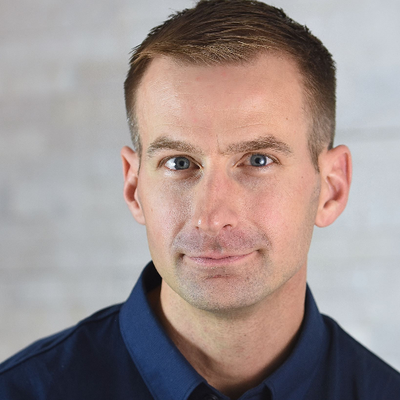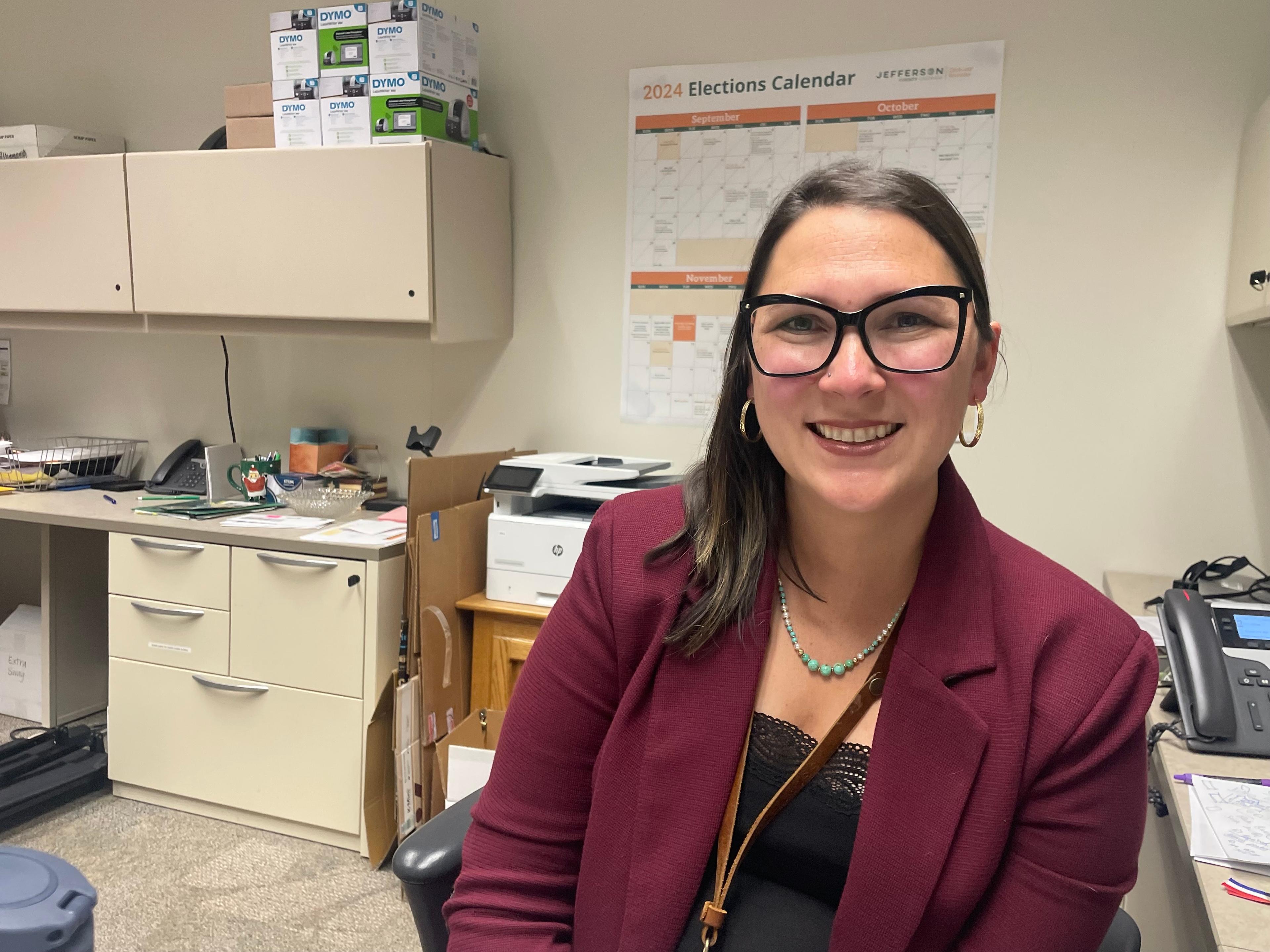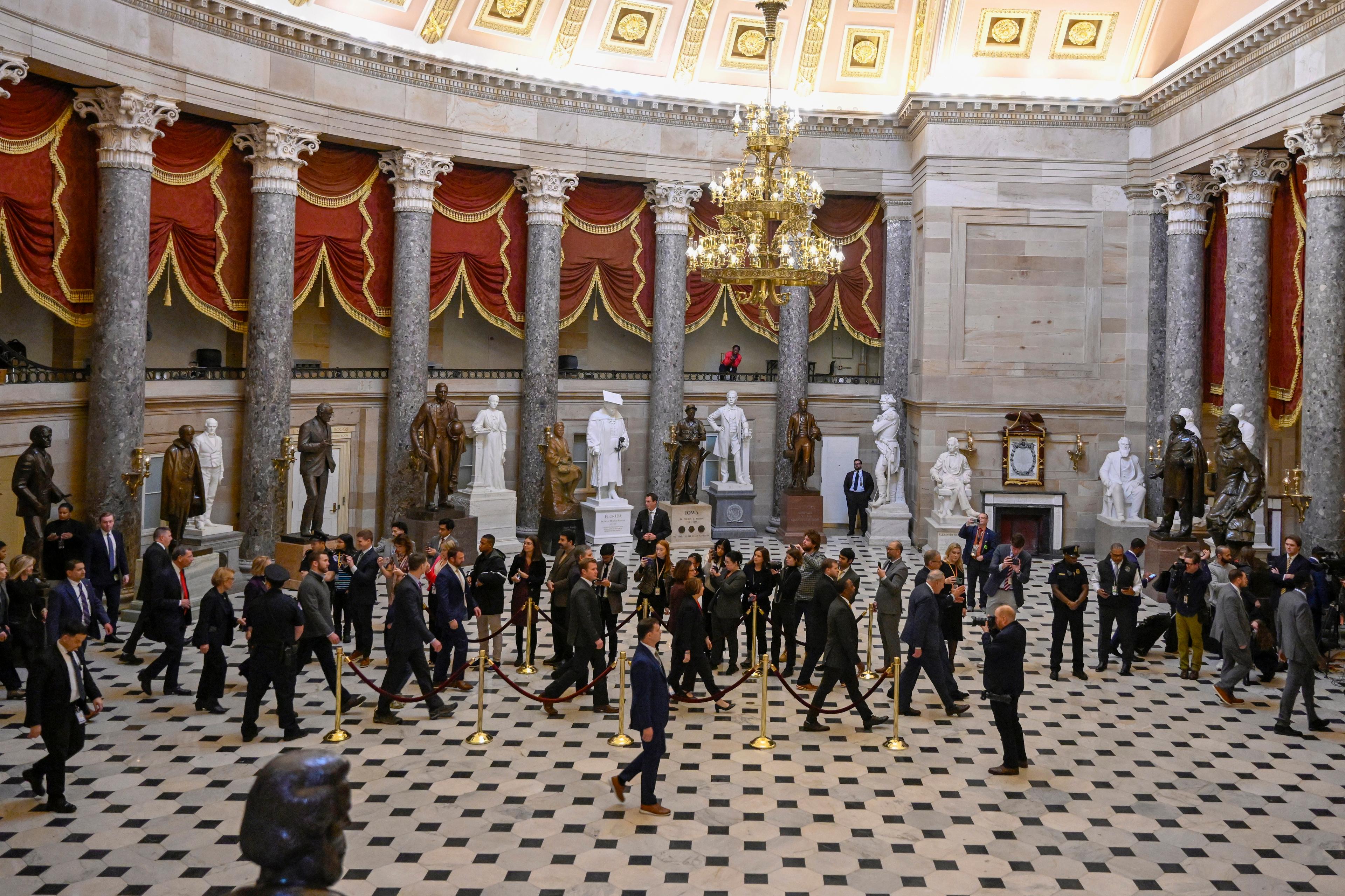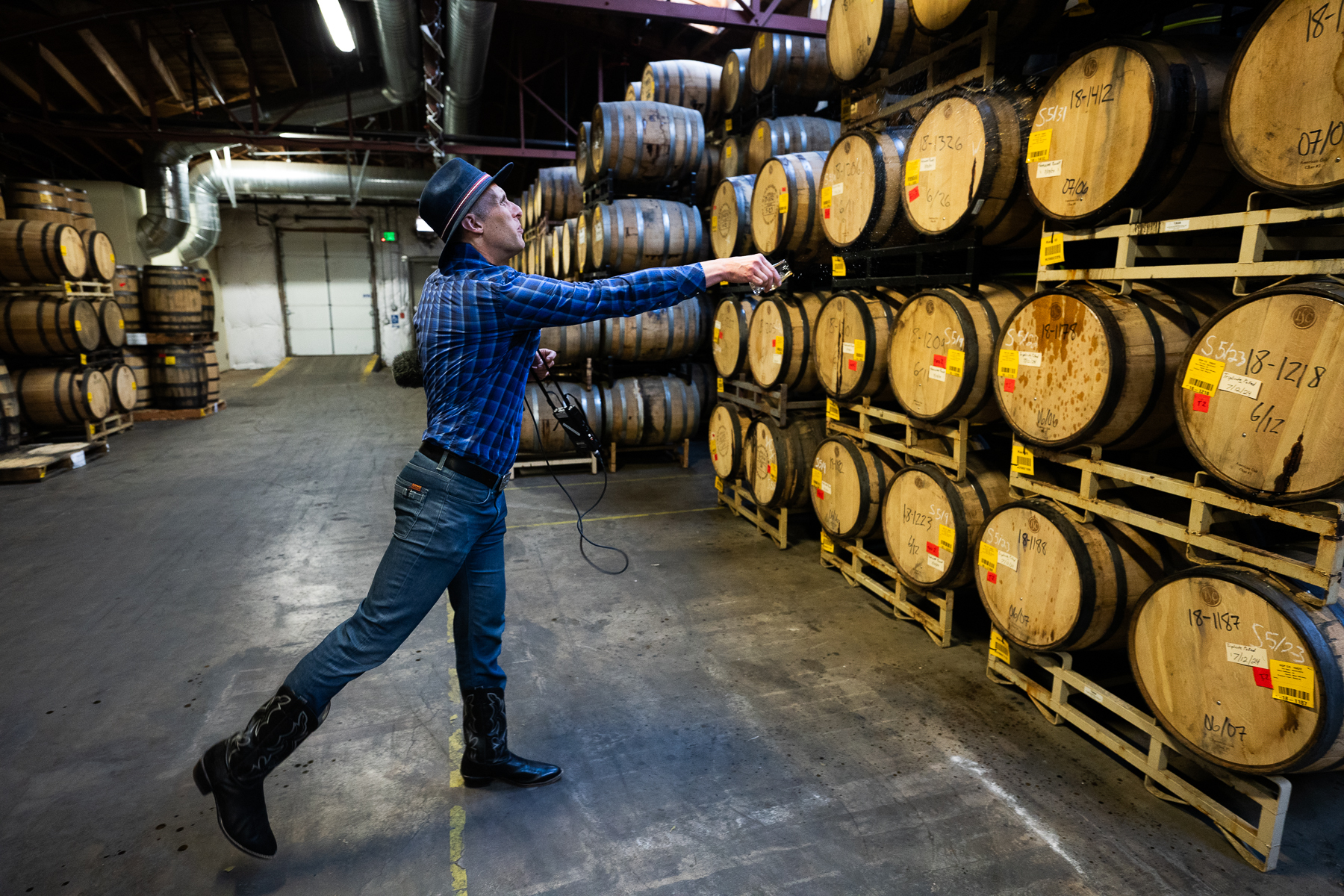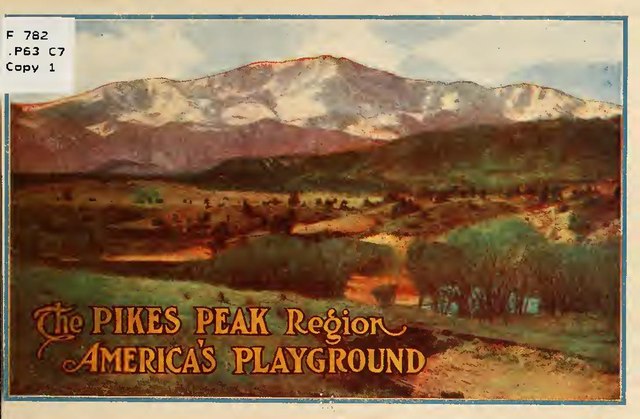
The following is part of KRCC's 'Peak Past' essay series.
Really thick Scottish accents sound a little like gibberish to me. When I’ve worked with Scots before, I’ve had to admit I didn’t understand what they were saying.
So recently while watching a travel show on Scotland, when the host kept saying something I didn’t understand, it wasn’t a surprise. He kept saying “Munro” in place of “mountain,” so, naturally, I thought I just didn’t hear him right.
But he really did mean “Munro.” He was referring to Sir Hugh Munro, born in London but raised to be a mountaineer in the Scottish Highlands. In 1891, Munro published the first list of 3,000-foot high mountains in Scotland.
There were almost 300 on that list,and he climbed all but one. He was saving it, but the Great Influenza took him in 1919 at age 63.
But his idea lives on. “Munro” has become shorthand for an official, 3,000-foot mountain in Scotland, just as we in Colorado use the term “fourteener.” He was the first to mark, map, and generate a list for mountain climbers and hikers to knock down.
Munro came up with what we now know as peak bagging.
Including Pikes Peak, there are more fourteeners in Colorado than in any other U.S. state, so we’ve got some great peaks to bag.
We can actually chart, historically, the popularity of peak bagging in the U.S. Google’s N-gram search engine shows the popularity of certain phrases in American publications over time.
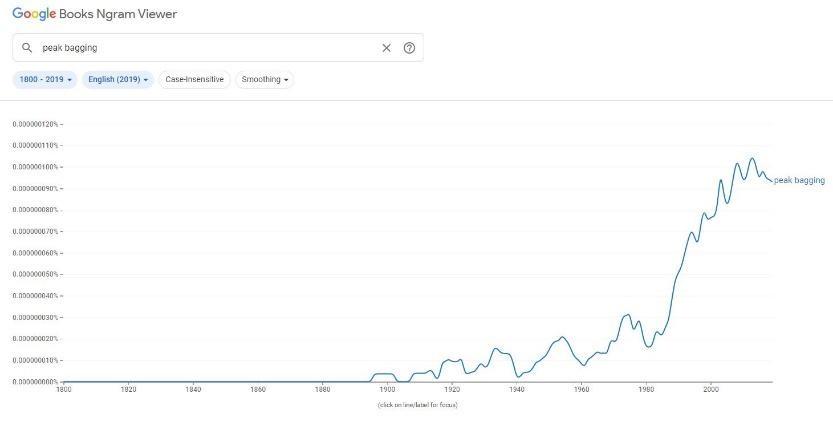
“Peak bagging” first showed up in print in the mid-1890s. The phrase shifted in popularity with some rolling-hill-type growth from about 1920 to 1980. Then in the early 80s it really took off, increasing 600 percent by 2012. The term remains incredibly popular today.
Hugh Munro would be proud.
Until our next mountainside chat—be good, be well, and no matter what, climb on.
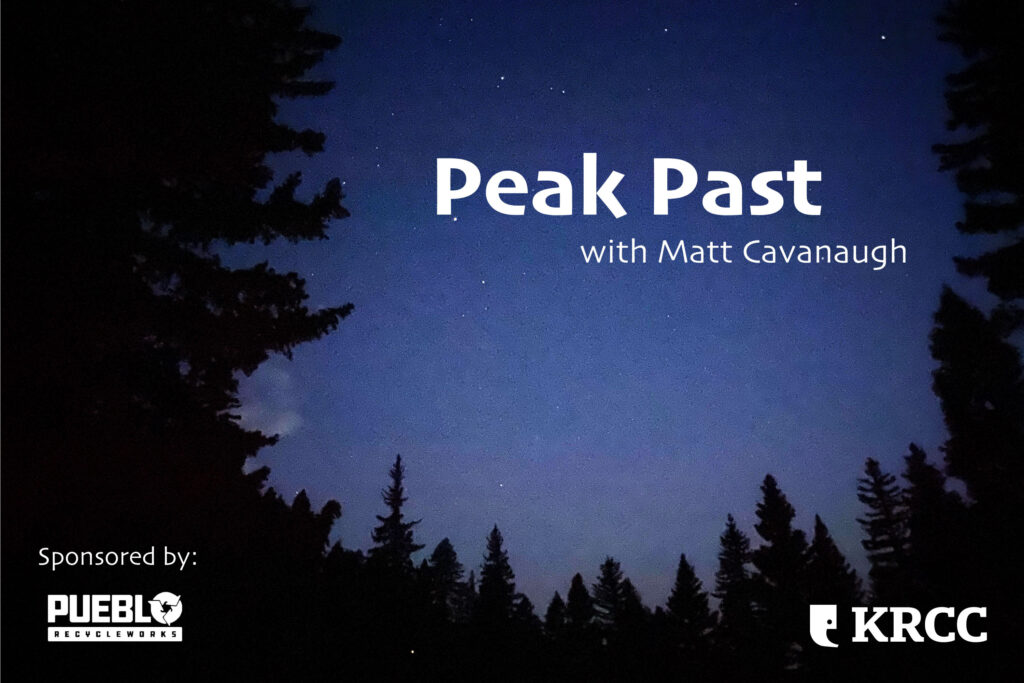
Peak Past (formerly Peak Perspectives) is a weekly segment written and voiced by Matt Cavanaugh, a lieutenant colonel in the U.S. Army and a resident of Manitou Springs where he lives with his wife and two young children. Through his writing, Cavanuagh explores life in the Pikes Peak region, including the gradients and subtleties of our lives in the shadow of America's Mountain.
You can find more work by Cavanaugh here.
KRCC's Abigail Beckman manages the "Peak Past" series. The opinions expressed in this publication are those of the authors. They do not purport to reflect the opinions or views of KRCC or Colorado Public Radio.
Peak Past is sponsored by Pueblo Recycle Works.
